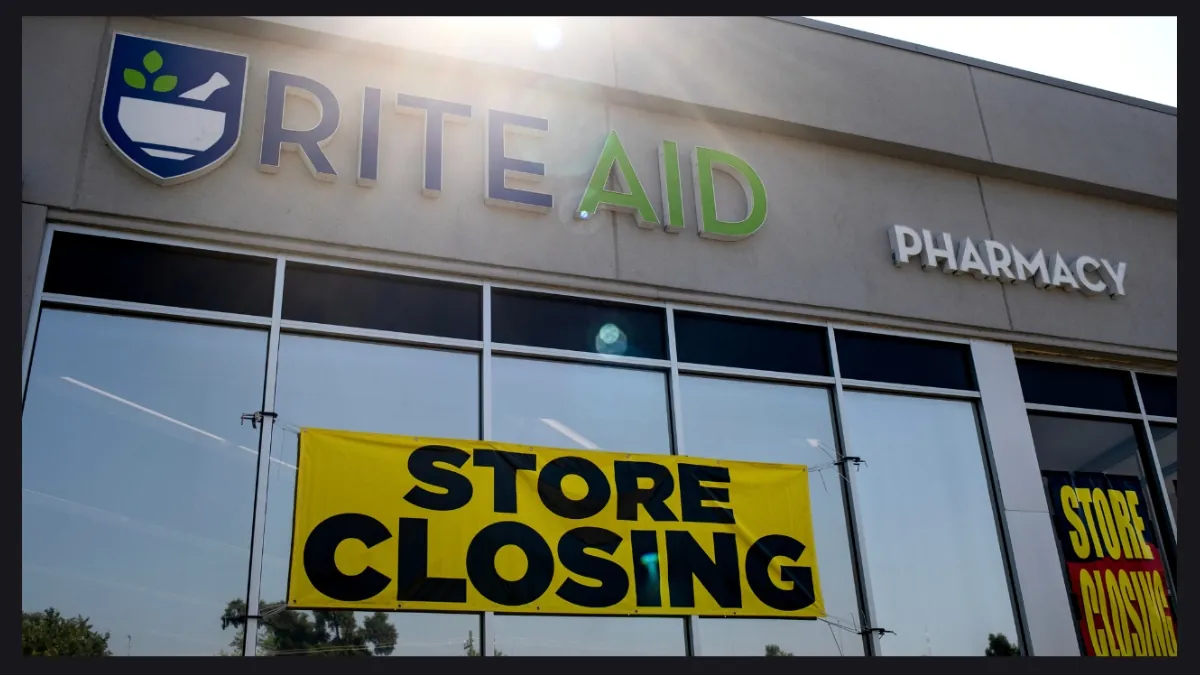As we progress further into the summer, Social Security recipients are anxiously anticipating the upcoming cost-of-living adjustment (COLA) for the new year. With just over a month remaining until the final data is released, current projections suggest that a substantial increase is unlikely. In fact, millions of Social Security beneficiaries are expected to see the smallest COLA in four years, based on recent forecasts. According to The Senior Citizens League (TSCL), a nonpartisan advocacy group, next year’s anticipated increase is notably lower than last year’s 3.2% adjustment, reported by Lagradaonline.
Alex Moore, a statistician for TSCL and managing partner of Blacksmith Professional Services, commented, “The projected COLA for 2025 is approximately 2.57%, down from 2.63% last month. This anticipated figure represents the lowest COLA since 2020, when recipients received a 1.3% adjustment. The subsequent years saw a 5.9% increase in 2021 and a historic 8.7% increase in 2022. The economic impact of the pandemic was severe, and the COLAs reflected that reality. However, seniors did not have sufficient time to rebuild their savings before this year’s adjustment led to another setback.”
The purpose of the COLA in relation to Social Security is to ensure that benefits keep pace with inflation, thereby safeguarding the purchasing power of beneficiaries. COLAs are calculated using data from the Consumer Price Index for Urban Wage Earners and Clerical Workers (CPI-W). This index tracks the average price of a predetermined basket of goods, comparing the average index for the third quarter of the previous year with the same period in the current year. If the CPI-W rises, Social Security benefits increase by the same percentage. Conversely, if there is no increase, no COLA is applied.
In 2024, however, inflation rates surged again following the initial increase, quickly outpacing the adjustment and leaving many seniors in a precarious position. While there has been a slight improvement, with the inflation rate, as measured by the CPI, falling to 2.9% in July from 3% in June, many Americans have yet to feel relief. This persistent inflation remains a major concern, particularly given the prospect of a smaller increase. The TSCL has highlighted that inflation continues to be a “top concern” for many seniors.
The TSCL’s 2024 Retirement Survey, conducted in July, emphasized the financial strain high prices continue to place on older Americans. Among the 2,016 seniors surveyed, 71% reported that inflation is forcing them to deplete their savings, making it their primary financial concern. Additionally, 78% indicated that their monthly budgets for essential expenses, such as housing, food, and medicine, have increased compared to the previous year. Meanwhile, 62% expressed anxiety that their retirement income may not suffice to cover these rising costs.
These statistics are alarming and highlight a broader issue: the cost of living has risen so significantly, particularly in certain regions, that many seniors struggle to manage their monthly expenses. Relying on savings for everyday costs is not a sustainable long-term solution, and once those savings are exhausted, seniors often find themselves in urgent need of additional financial support from state or federal programs.
Various measures have been proposed over the years to mitigate the economic burden on seniors. However, none have been implemented, and there remains no concrete plan to make the situation more sustainable or to increase Social Security benefits beyond the annual COLA.







